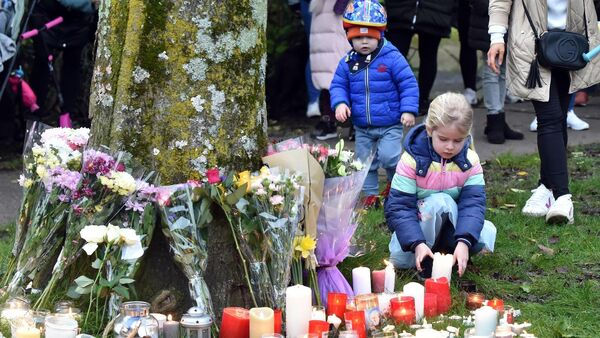I was heart sore when I heard about Ashling Murphy. It stopped me in my tracks. My eldest daughter is much the same age. I can’t begin to imagine what her family are going through.
I cried at the Dáil vigil and even drove to Tullamore to leave flowers.
It is heartening to hear politicians describe this as a watershed moment but I’m sceptical, We’ve been here before, many times.
Three years ago, I joined a local group called ‘Dublin 15 and Dublin 7 Action Against Gender-based Violence’. We span both postcodes to reflect electoral boundaries. We’ve always believed male violence against women must be a political priority.
In 2019 we organised a campaign where 500 local people sent postcards to the offices of then Taoiseach and local TD Leo Varadkar. Each card represented a family turned away from a local refuge the previous year. We called for better funding, outreach supports, and a local rape-crisis centre.
In 2021 we held our first #walkwithwomen event — candle-light walks for those impacted by gender-based violence. And this is just a sample. We’ll keep going, keep shouting loudly, marching, remembering, and fighting for a different world even when the tragic event in Tullamore has fallen from news cycles.
The repeal movement taught us this is the sort of grassroots pressure that is needed if we are to force the hand of the political establishment.
Standing outside the Dáil, it was impossible not to draw comparisons with a similar outpouring for Savita Halappanavar. Savita’s tragic death was a turning point in the movement that repealed the eighth amendment. It led to a groundswell of local activism from below and I hope that the current response up and down the country might light a similar fire.
I’ve found huge support and solidarity from our Dublin 15/Dublin 7 group. I implore all of you to set up similar groups in your own communities, to disrupt, interrupt, shout loud and often, and be the change you want to see in the world.
Camilla Fitzsimons Maynooth University

Comments